We were lucky to catch up with Arianna Fox recently and have shared our conversation below.
Arianna, so excited to have you with us today. So much we can chat about, but one of the questions we are most interested in is how you have managed to keep your creativity alive.
“If you don’t use it, you lose it.”
As a lover of languages and all things related to linguistics, those wise words have been told to me countless times regarding my years of hard work in learning enough Spanish to obtain a certificate of fluency. People were certainly impressed by the determination and grit I showed in going the extra mile to teach myself a foreign language, but those who knew even the slightest inkling about languages always cautioned me with those words: “If you don’t use it, you lose it,” meaning that if I stop immersing myself in the culture by meeting and talking to Spanish speakers, or if I stop practicing and learning new words daily, or even if I stop lightly pestering my English-speaking parents with Spanish translations of everything they say, then I will slowly begin to forget the words I’ve learned, and my hard work will be erased.
The same goes for creativity.
My favorite fictional character of all time, Sherlock Holmes, once said in the novel “A Study in Scarlet,” “I consider that a man’s brain originally is like a little empty attic, and you have to stock it with such furniture as you choose.” Now, in our everyday lives as teenagers or adults, our brain-attics are filling up so quickly with logical and pragmatic thought-furniture that it’s difficult for creativity to flow, in the way a dam blocks up the way for water to flow. Of course, logic is important, but so is creativity, and that is why we have two sides of the brain.
Thus, the way that I continue to keep my creativity alive is by continuing to use it in acting, writing, and voiceover work. Pardon my continual use of metaphors, but in any fitness class, you will be told that muscles grow by being worked to its maximum potential, breaking, and then piecing themselves together again to be even stronger. Muscles don’t grow if you neglect them; they grow if you use them and push them to their limits. In comparison, creativity doesn’t grow if you neglect it; it grows if you push it to its limits.
As I previously mentioned, some of the ways I do this are by simply doing the work that I possess. For example, as a best-selling and triple author, I must use creativity in my writing all the time. From my current sci-fi/fantasy (space opera) WIP in which I have to create planets and alien species to my previously published YA fantasy book, “Sabre Black,” in which political and war-related tension is high between various sects of winged people, creativity is a vital part of the writing process. I doubt anyone who writes often—even if their work isn’t fantasy—could claim that they have no creativity. Of course you do; you’re a writer! 🙂
Another way that I use creativity is by being an actress and voiceover talent. Both require different forms of creativity, but I would argue that voiceover work often requires more creativity. A cinema actor has a set they can work with; even if not everything is physically present and they have to pretend something is there that truly isn’t, there still are practicals and props they can use to help immerse them in their character and the storyline. All a voiceover actor has are a studio, a microphone, a script, and the instructions of their director, and off they go to recording! It’s quite a fun process to be able to imagine the entire surroundings, but it certainly isn’t easy.
Long story short: Never abandon your creativity. Even if your trade isn’t something automatically creative, you never know when you’ll need a little spark of imagination or intuition. After all, as Edward de Bono once said, “There is no doubt that creativity is the most important human resource of all. Without creativity, there would be no progress, and we would be forever repeating the same patterns.”
Great, so let’s take a few minutes and cover your story. What should folks know about you and what you do?
Hello there! I’m Arianna Fox, a girl entrepreneur, motivational speaker, actress, voiceover talent, best-selling author, and more. My ultimate goal is to inspire others to achieve their maximum potential and to learn that they can reach their goals at any age—it is never too early *or* too late!
When I was younger, I thought I had to wait until I was an adult to achieve my dreams. When I was about six years old, I once told my parents, “I want to be an author when I grow up!” In response, my parents did not say what you might think: “Oh, that’s great, honey. We’ll revisit that in a couple of years.” No! Their response was supportive, but possessed a point of which I hadn’t even thought.
“Why when you grow up? Why wait? Why not start now?”
At six years old, my tiny brain was blown.
It had previously seemed inconceivable to do anything professional at a young age, but now, thanks to my parents, I had unlocked knowledge most kids these days don’t have due to growing up in a world where every adult has asked them what they want to do or become “when they grow up,” if they have plans for college, or even what they’ll do after their education has reached its climax. Think about it: Do adults generally ask children, “What do you want to get started doing *right now* that will help you reach your goals as you grow older and mature?” No, of course not. We have become so accustomed to thinking, worrying, and panicking about the future that we seldom remember to talk about the present. Thus, children are raised with the mentality that they cannot and will not achieve anything worthy of mentioning until they hit eighteen or twenty-one…but by then, there is so much experience they could have had. I tell people I have ten years of writing experience, which some find impressive as it is, but seeing as I’ve been writing since I was six years old, the early start helped boost my career and resumé tremendously. Imagine if you or your teenage child could apply for a job you/they very much desire and being able to say you’ve had ten to fifteen years of experience even though you/they are so young. That would certainly wow potential employers.
Thus, my journey—from writing to entrepreneurship to acting—all goes back to inspiring people to make a difference now, not later.
I started acting and voiceover acting at a young age as well. Voiceover acting was thanks to my daddy, Mike Fox (who is now a film director with a released full-length feature film and another very powerful one in the works), who introduced me to voice-acting at a young age when he would record various projects. As I watched him adopt the role of a loving father who desired to rescue his kidnapped daughter, I vividly remember wishing *I* could be his daughter in the audio drama. My daddy lovingly explained that was not how the casting process works, but soon noted my passion and began to show me various voiceover sites and teach me how to perform accents and adopt different tones. Eventually, as I began doing more professional voiceover work, I was cast in a reboot of the original audio drama and got to play the sister of the main character—the daughter of my daddy’s character. What a dream that was!
Now, after many years of hard work, I can now say with the utmost gratitude that I have been privileged to record audio for brands such as Marriott Hotel, Sky Zone, Taco Bell, Old Navy, Edible Arrangements, Plato’s Closet, Rita’s Italian Ice, St. Jude’s Children Hospital, Amazon, Best Western Plus, Shriners Hospital, Fairfield Inn, LaCroix Soda, Sonic, Home Instead, Roto-Rooter, and many more.
As an author, there was no doubt that blood, sweat, and tears (well, perhaps not blood, but certainly the latter two) were spilled over the hours of grueling plotting, drafting, and editing of all three of my books. The process of publishing my first book was simpler than the other two: It is a children’s book called “The Princess Chronicles: Not Your Average Princesses,” which helped kids learn valuable lessons such as honesty, teamwork, trust, and kindness. The second one, “False Awakening: Is it a Dream or Reality?” is a sci-fi novel for all ages about a man who finds himself within a dream within a dream within a dream, and must join a rebellion to fight against an evil tyrant in order to save the dream world and the real. My most recent book, “Sabre Black,” is a YA sci-fi/fantasy novel about two winged races of people living on a faraway planet: the serahs and the cendars. It features a teenage girl named Sabre Black who is born a cendar, but fights for the serahs. The question is, is she good, is she bad, or is she both?
The three above books can be found on my website and wherever books are sold.
I also have intensely studied for and written an official Sherlockian pastiche—a pastiche is an original story in the style of a classic author, such as Sir Arthur Conan Doyle—and it was accepted and published into “The MX Book of New Sherlock Holmes Stories: Volume XXXII” (32), compiled by David Marcum.
A non-fiction, inspirational chapter of mine has also appeared in a published book, “Young Changemakers” by Kristi Maggio. Go give it a peek; it is a phenomenal book for anyone who wishes to start achieving their dreams at a young age.
As a speaker, I have spoken at multiple locations which I very much loved, one of which being an event for over 600 students at a high school, another one being a Microsoft- and DELL-sponsored event for young women getting their feet wet in technology called DigiGirlz, where I also was a panel facilitator and was able to interview the Governor of Delaware, John Carney.
As for new and upcoming things to keep your eyes out for, I am currently working on two main writing-related works in progress for which I’m elated. Keep your eyes peeled in the voiceover space as well, as there may be something very exciting coming up. Additionally, continue to look out for posts from Mike Fox on his amazing film project, “Mia’s Bridge,” for which we are currently looking for funding. Lastly, of course, don’t forget to check out our social media pages, as we are on practically all social platforms known to man (okay…at least *most* of them). 🙂
Looking back, what do you think were the three qualities, skills, or areas of knowledge that were most impactful in your journey? What advice do you have for folks who are early in their journey in terms of how they can best develop or improve on these?
1. A hard-work ethic: “If you work hard, you reap the rewards.” Upon many occasions in my career, it has been necessary to run the extra mile to achieve my dreams. As an author, I needed to go through all of the painstaking amount of edits and suggestions with which my editor supplied me; as a voiceover artist, I have had to do multiple-hour-long Zoom meetings of continual work, sweating profusely and overheated the entire time because the air conditioner was off (due to the fact that it would generate background noise if it were switched on); as an actress, I have had to do countless auditions (which I despise with a passion—it’s the set work that I love) and continually adjust my facial features in order to look realistic, which doesn’t come naturally for me. In essence, everything that I do is a constant working process.
Of course, they all have their fun parts, and they have the parts which make me fall in love with them. Though I don’t care for the marketing process, drafting and self-editing are certainly my favorite parts of being a writer; getting into character is my favorite part of being a VA (voice actor); and being on set and working with other actors is my favorite part of being an actress.
Though there will be hard times in your work, whatever it is, hang on to the parts you love, and it will get you through those hard times.
~~~
2. Determination: “Never give up.” Where would we be without determination? Nowhere—literally. If we were never determined to do anything risky or frightening in our lives, we would be enveloped by mediocrity and overwhelmed with boredom. No matter how hard things get (see area of knowledge #1 :)), it is so important to never give up on what you know is your passion or dream. Trust me: It will be tempting at times. I have had multiple occasions in which I claimed to my parents that I wished to give up entirely on almost all of my current occupations.
One day, when I was practicing for one of my biggest and longest motivational speeches, I became frustrated with myself for not memorizing it well and told my parents I wanted to simply give up on speaking altogether. My parents reminded me that it wasn’t all about me and that I needed to think about how I would be impacting others’ lives, and with their gentle push, I continued speaking…and impacted over 600 teenagers at a high school with some of the best inspired, motivated feedback I’d ever received. To say I (and my parents) was glad that I stuck with it and continued on is most assuredly an understatement.
~~~
3. Resilience: “You only fail if you give up.” I always tell people in my speaking events that their mistakes are not “failures”; the only time you really, truly fail in life is not when you make a mistake: It is when you give up. The concept is similar to #2, but there is an important distinction: The second point referred to sticking to your guns, so to speak, and choosing not to waver in your passion, but this third point deals with picking yourself back up again after a mistake.
One of the other times I almost gave up was in the realm of acting. I was called one day to perform a late-notice audition for possible representation. The audition, unlike most which were self-tapes (I could record them at home however any times I wanted until I deemed it good enough to send in; there was little pressure), was to be on a live Zoom call…and get this: with other young actors trying out *and* talent scouts present, too. I rarely got nervous about things, so I thought this audition would be no problem at all. I cheerily accepted the audition and looked forward to it later that night. However, when I got on the meeting, I didn’t feel as sure that I would nail it. There was a looming fear that scratched at the back of my mind. “No matter now,” I thought. “I just have to get this audition done with.” After many kids performed their monologues, the very strict and brash talent judges finally got to me and asked me to introduce myself. I did so, and got ready to perform my audition…but no words came. My mind was completely blank. Feeling ashamed of myself, I asked if I could do a second take (which the judges marked in side whispers to each other before allowing me to do so). Upon my second take, you’d think I would nail it, right?
Nope.
I was once again blanked. I was kicked off the Zoom call in an instant, and raging with self-directed fury. How could I have messed up so badly? How could I have forgotten my lines? What *happened*? I felt horrible about it afterwards, and it affected my desire to act and perform auditions many months after. Finally, one day, I told my parents I felt like giving up on acting, to which they responded by figuring out the root of *why* I wanted to give up. It turns out that I was still letting the past affect my present—I still hadn’t moved on. Eventually, I found a better way to memorize and have fun acting once again.
However, the point is that if *you* feel like giving up on something right now, perhaps you are letting a past event prevent you from achieving what you want to achieve. Remember that it’s not your past that defines your future, but your present. It may be time to move on from the past event and continue to improve yourself and your passion so that you can use your story as a testimony just as I did.
What would you advise – going all in on your strengths or investing on areas where you aren’t as strong to be more well-rounded?
Strengths are important, but one never achieves fully rounded strength by focusing only on the skills that they’re naturally good at. I had to learn that the hard way, especially in the writing realm. Every writer must utilize two infinitely useful qualities in order to pen a good story: description and dialogue. In one of my past lessons on a writing course, I mentioned that usually we have a natural favorite—one we’re better at. Some writers are born weaving realistic dialogue into their work, while others wield the power of description like an artist’s brush. Some lucky ones have both; however, that’s usually not how it works. When I was younger, because I was infinitely better at dialogue than descriptions (I’ve never been much of an artist or visual person anyway), I would veer away from writing descriptions, and when I absolutely had to, they would turn out awfully.
It took me many years to realize the muscle analogy I gave in one of my previous answers: If you don’t strain a muscle to its maximum potential, it will never grow. Now, I am much more confident in my ability of descriptions because I have practiced and refined it to the best of my ability. I may still be slightly better at dialogue than description, but at least I am good at both thanks to practice.
So, do I think it’s better to go all in on our strengths? Yes. Do I think we should try to be more well-rounded by investing effort on improving areas in which we aren’t as strong? Yes! I know it sounds like a contradiction, but it is indeed possible to go all in on our strengths *and* improve the areas at which we are not as skilled. I utilized my ability to produce realistic dialogue in professional work while simultaneously practicing my long-dormant descriptive skills in private until I felt I could apply it to my work. If you ask any writer, any musician, or any artist how they got to be so good at what they do, it’s ALWAYS the same answer: practice! Every time I tell people I’m not a good artist (and to be fair, I’m not), other artists always tell me that the only things I lack are experience and practice, and that with enough practice, I could indeed grow to be a good artist. The same goes for practically any other trade in this world. Do you think a violinist or guitarist gets to be phenomenal at their instrument by natural talent alone? Perhaps some prodigies do, but most of the amazing musicians you see on TV got to where they are now because of their dedication and continual practice. In most cases, talent alone will not produce results; practice is required.
Contact Info:
- Website: https://ariannafox.com
- Instagram: https://instagram.com/afoxauthor
- Facebook: https://facebook.com/afoxauthor
- Linkedin: https://linkedin.com/in/afoxauthor
- Twitter: https://twitter.com/afoxauthor
- Youtube: https://youtube.com/ariannafox
- Other: My Books: “The Princess Chronicles: Not Your Average Princesses”: Amazon: https://www.amazon.com/Princess-Chronicles-Your-Average-Princesses/dp/0692876952/ | My Site (Personalized & Signed): https://ariannafox.com/the-princess-chronicles-arianna-fox/ | Also on Barnes & Noble, Goodreads, and wherever books are sold! “False Awakening: Is it a Dream or Reality?”: Amazon: https://www.amazon.com/False-Awakening-reality-Arianna-Fox/dp/1946743305/ | My Site (Personalized & Signed): https://ariannafox.com/falseawakening/ | Also on Barnes & Noble, Goodreads, and wherever books are sold! “Sabre Black”: Amazon: https://www.amazon.com/Sabre-Black-Arianna-Fox/dp/1954639015/ | My Site (Personalized & Signed): http://sabreblackthebook.com/ | Also on Barnes & Noble, Goodreads, and wherever books are sold!
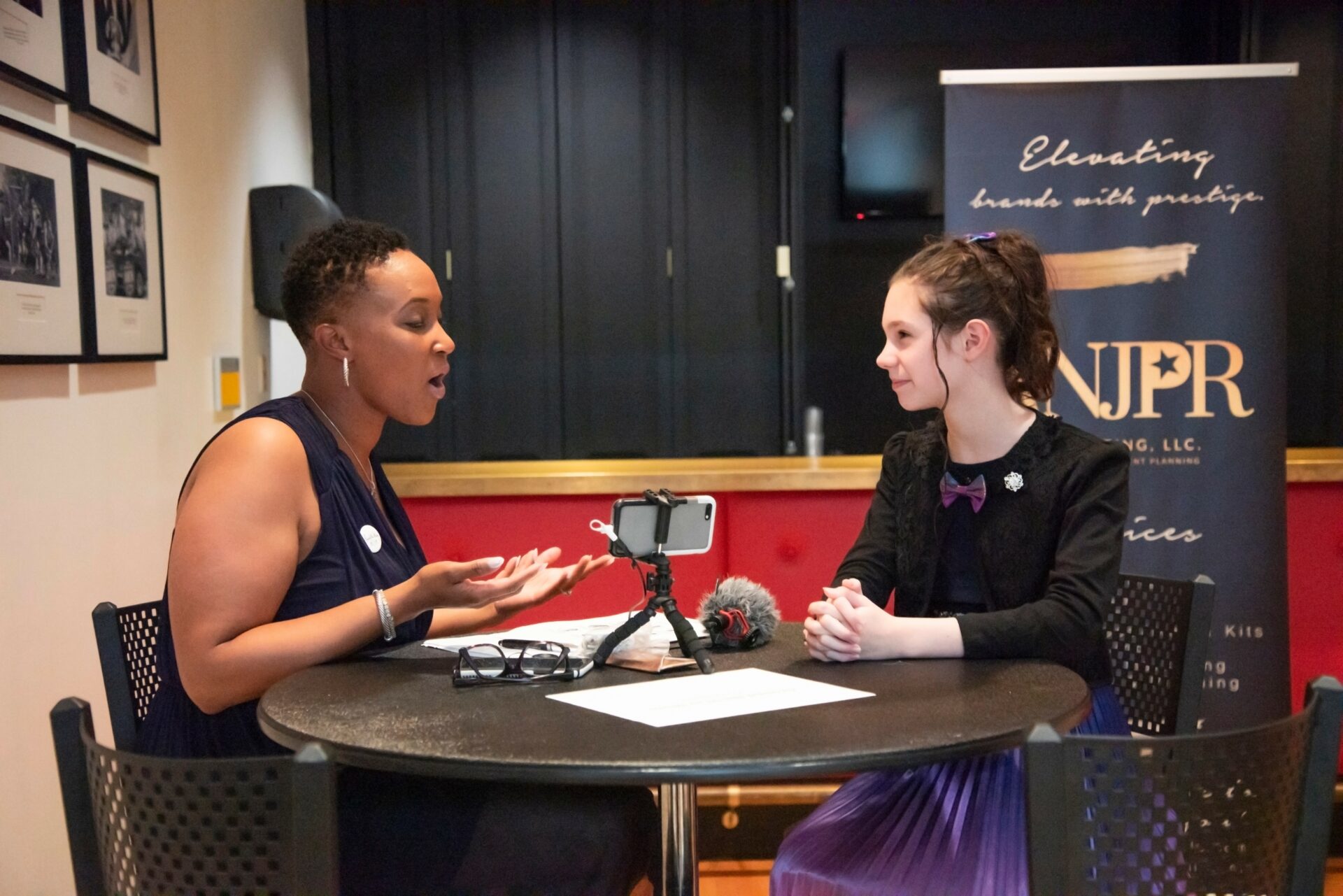
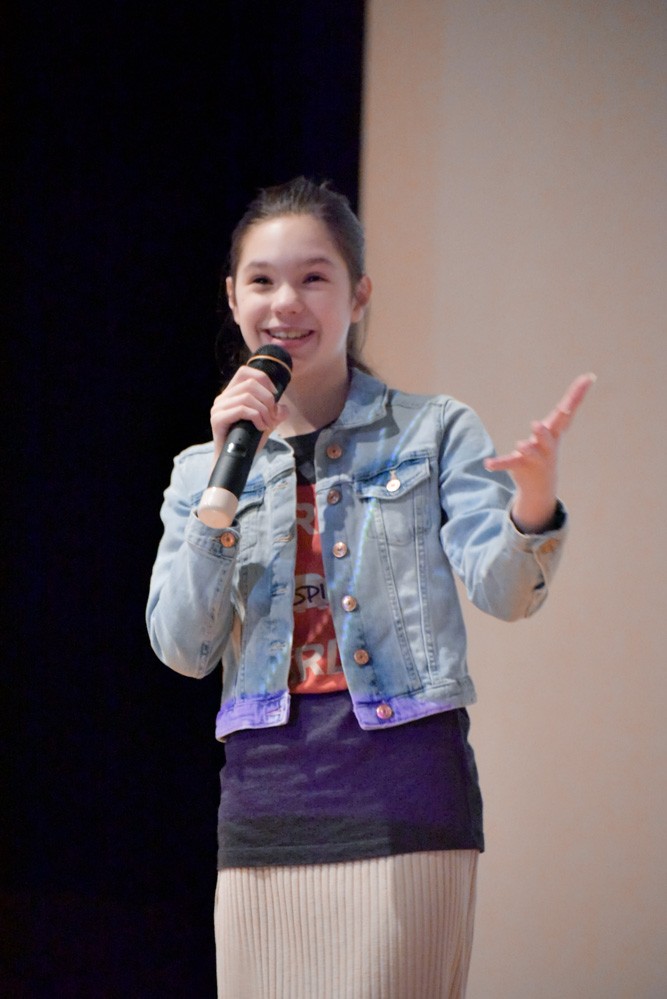

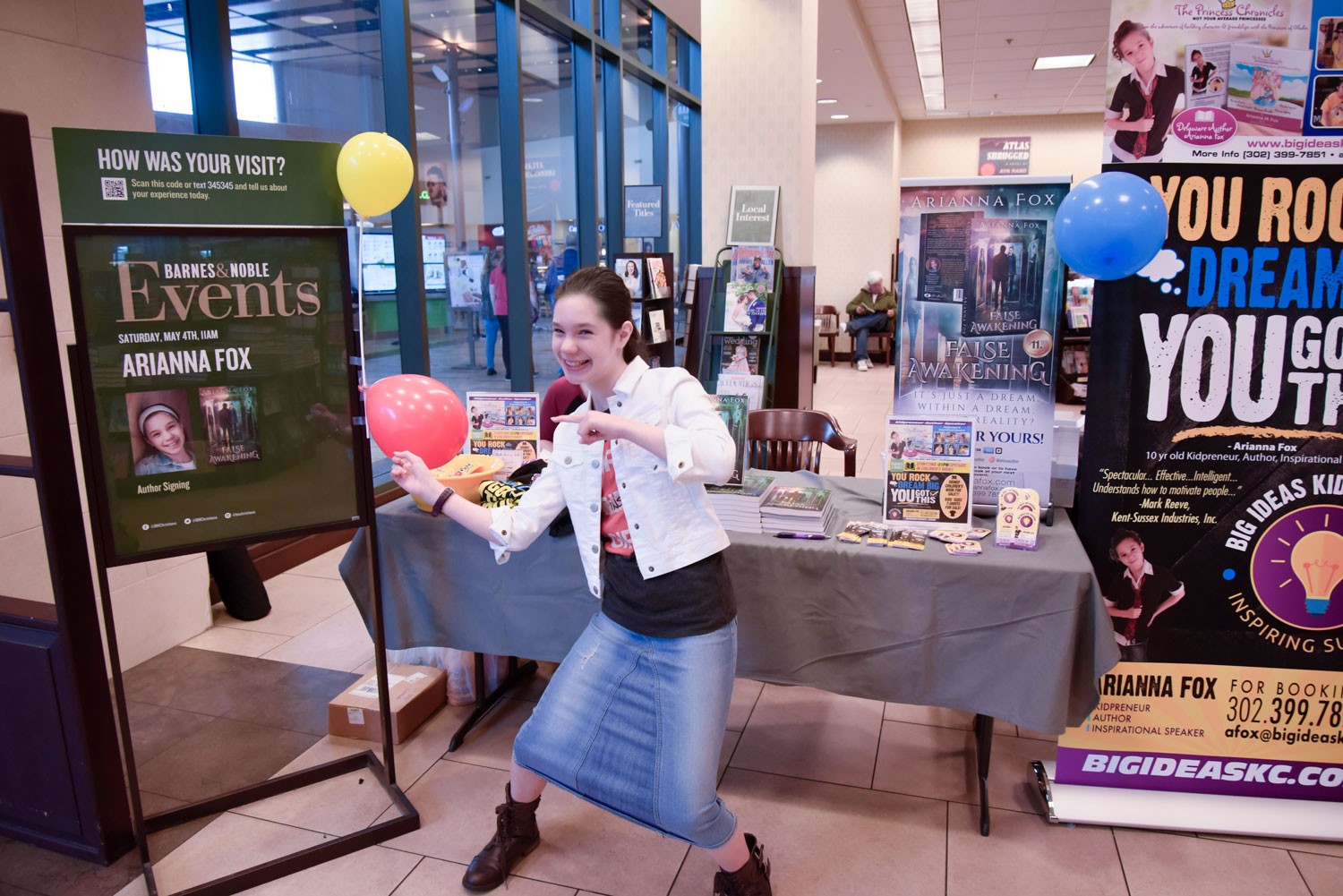
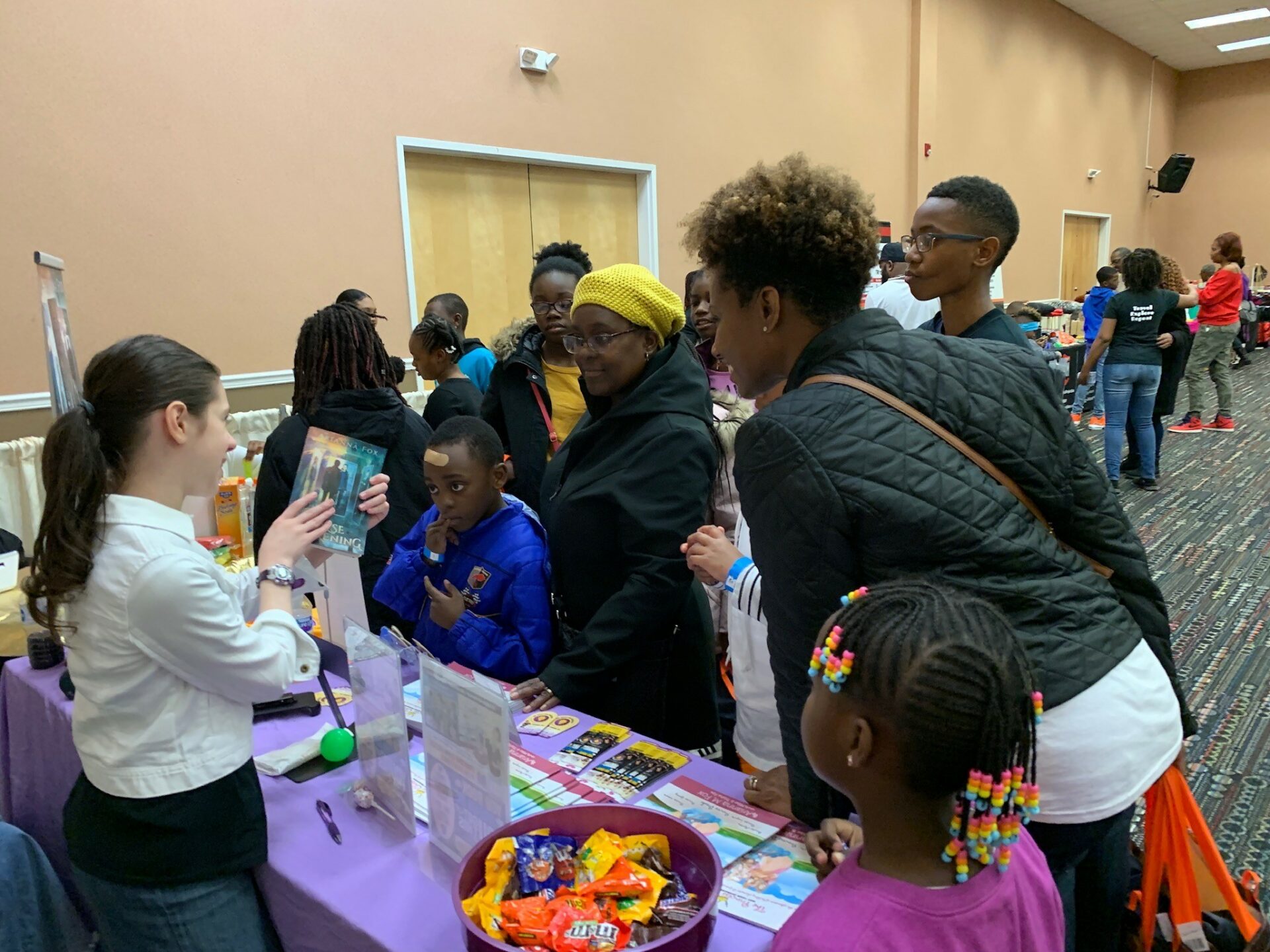
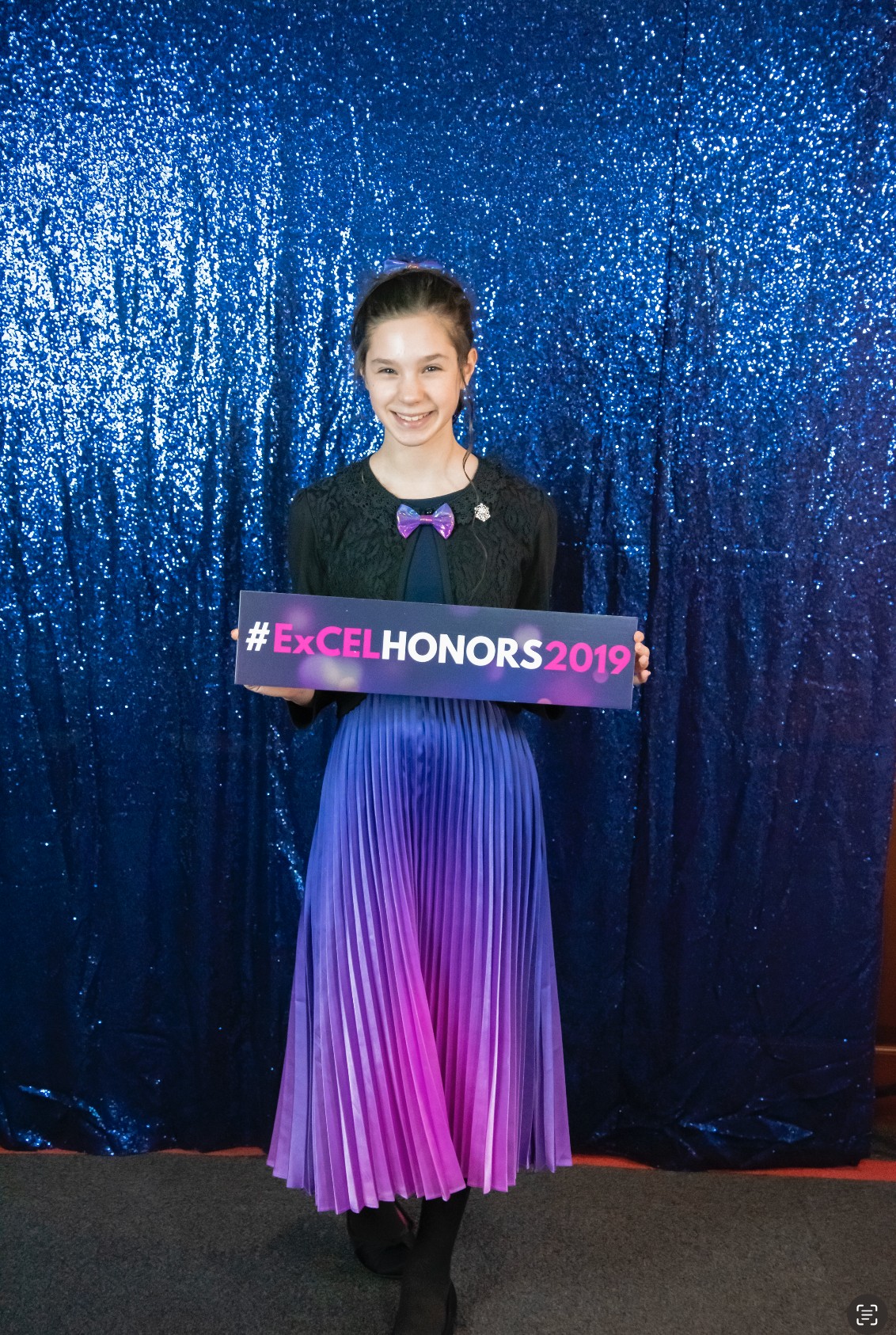
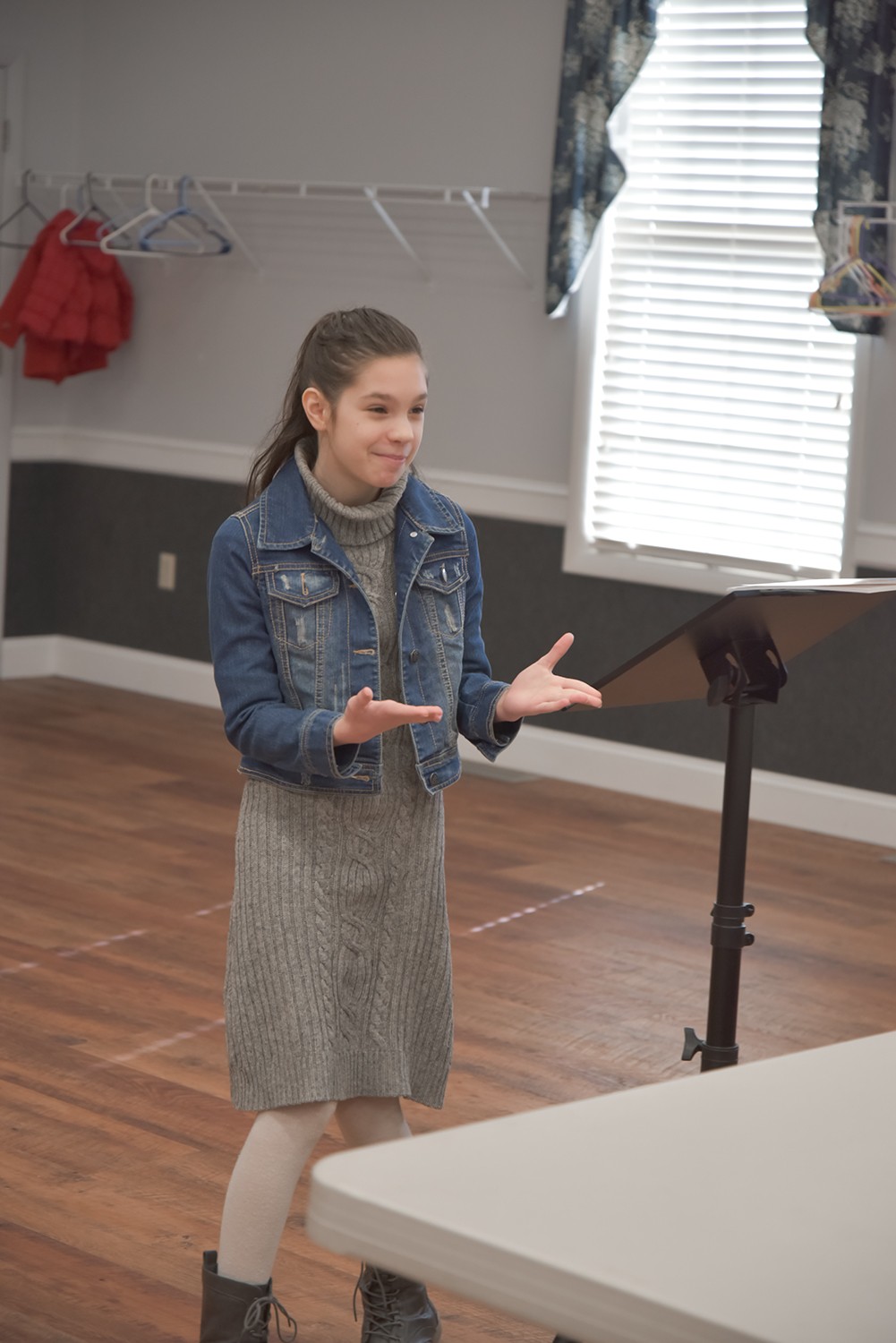
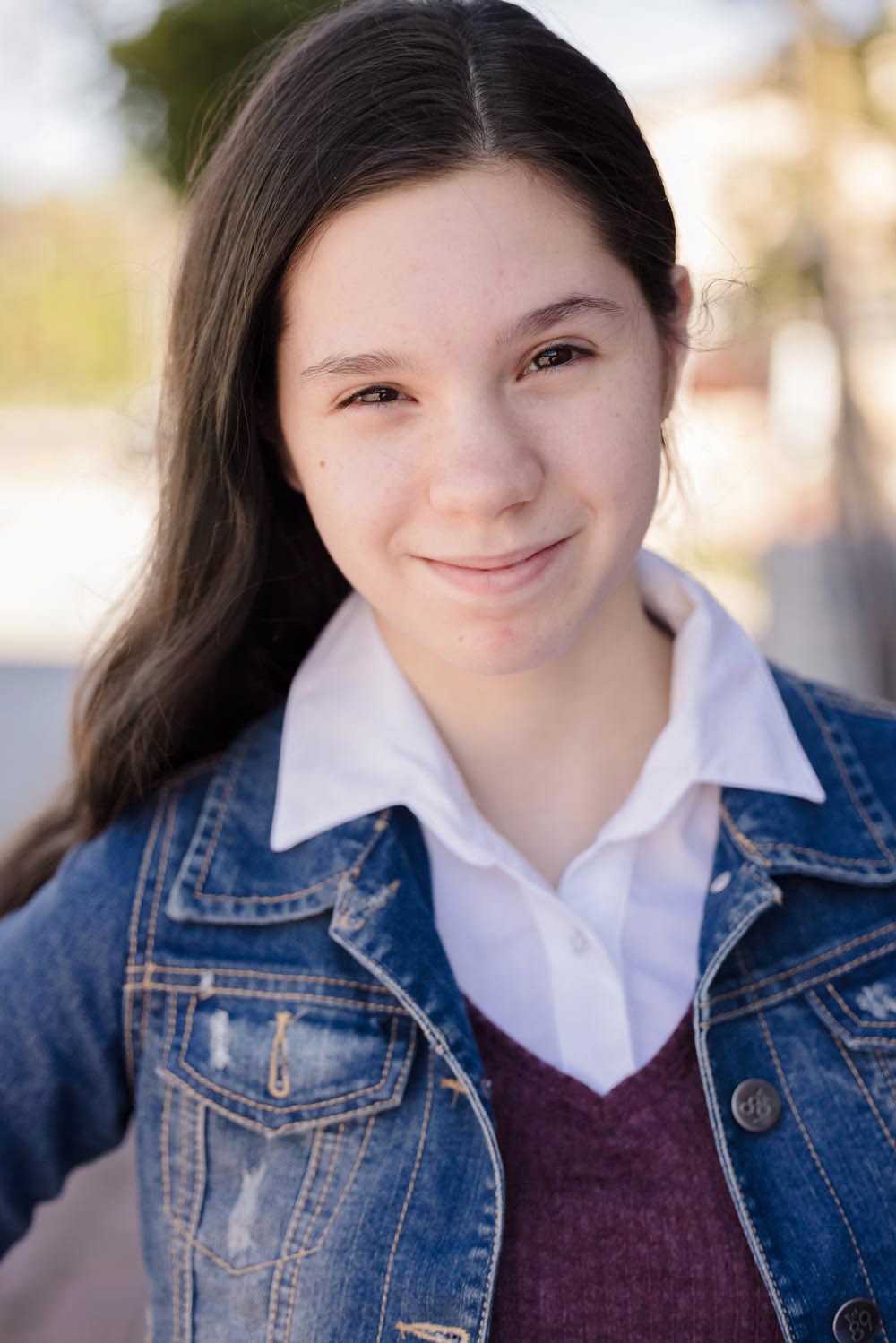
Image Credits
Luigi Ciuffetelli Mike Fox Maggie Shirk




